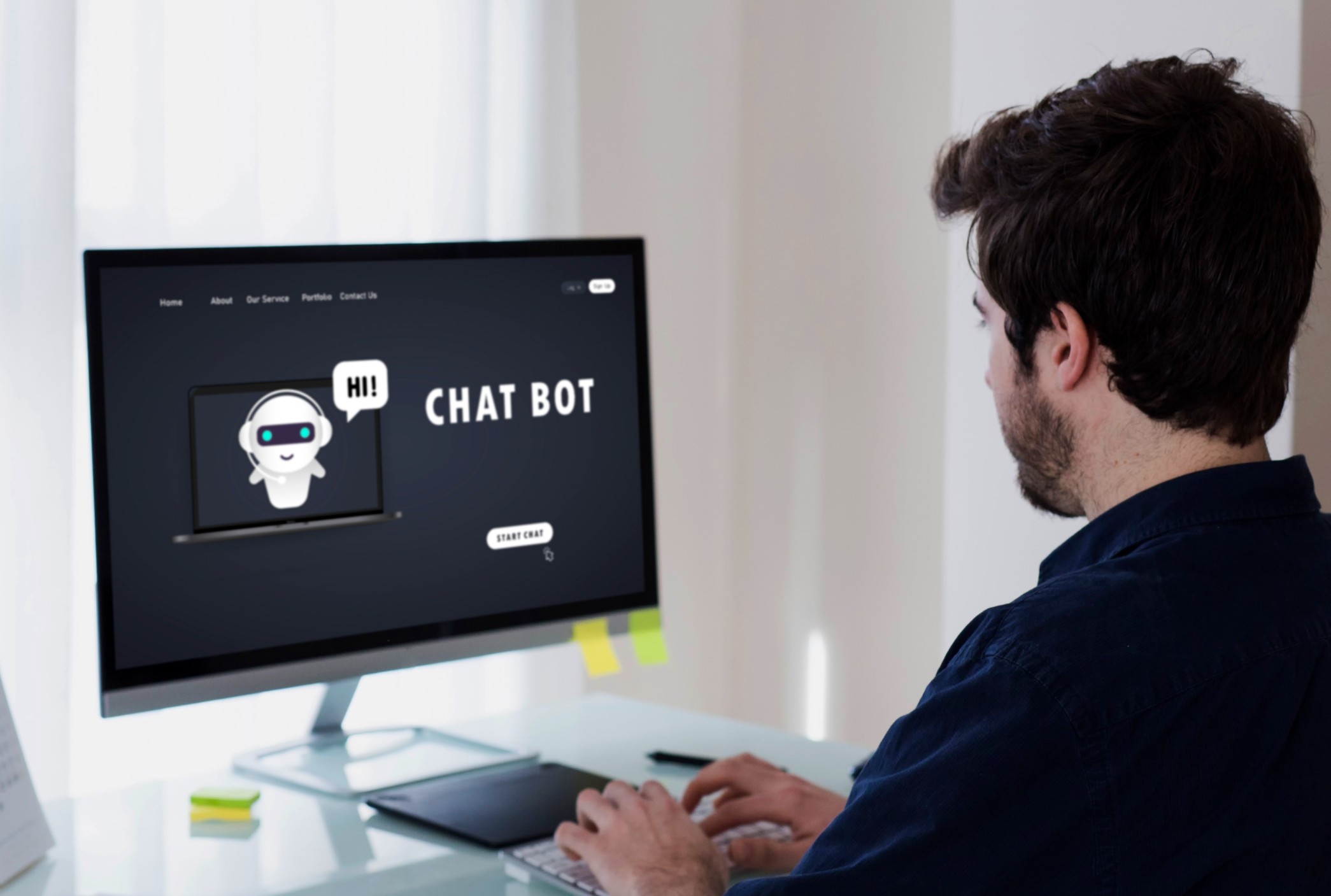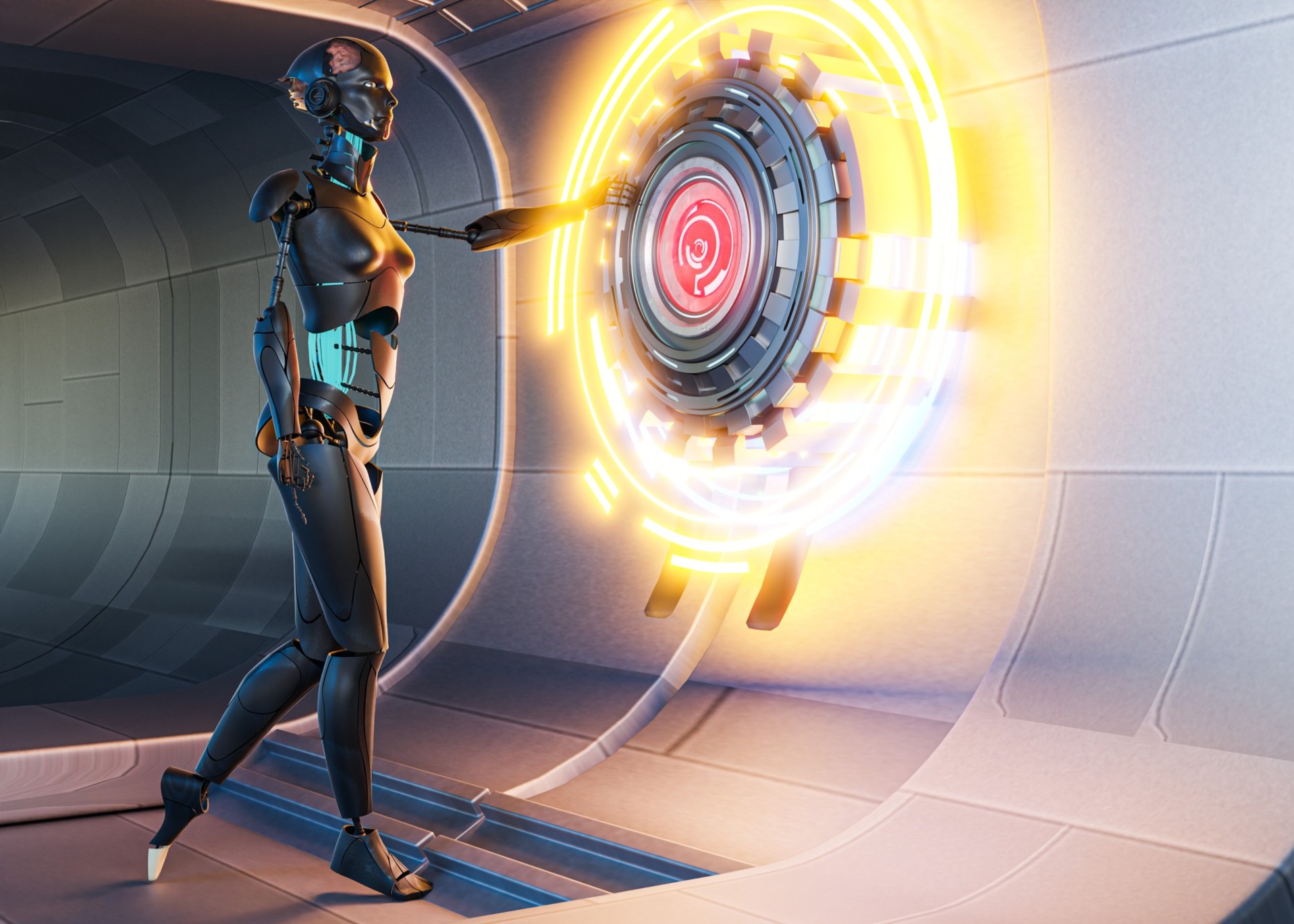
AI coding tools are not the clichéd ‘of-the-future’ clichés of 2025, but they are the norm in finding modern software. Tools like GitHub Copilot, Amazon CodeWhisperer, and Tabnine empower developers to accelerate coding, fix bugs through suggestions, and simplify aspects of their development lifecycle.
With collaboration rapidly changing, GitHub CEO Thomas Dohmke brings an important message home to the ‘tech’ community: “The teams that will win with AI are teams that see AI as a partner, not a hack” – suggesting, importantly, that it will not be developers’ access to superior tools, but in how developers employ, integrate and adapt to AI coding support.
Table of Contents
What are AI coding tools?
AI coding tools are intelligent assistants created to support a software engineer’s work through the development lifecycle. These tools can:
- Make predictions and auto-complete lines of code.
- Suggest bug-fixing and improvement actions.
- Learn from the project context and coding behaviors.
- Give back time lost to almost every repetitive task, for example, boilerplate code.
As we move to 2025, AI coding tools are being adopted across the spectrum of startups, enterprises, and open-source projects. What was once regarded as experimental has become commonplace, and GitHub will play a defining role in better understanding the use cases in determining best practices for AI coding support more broadly.
The CEO’s Vision: It’s About the Mindset
In a keynote talk in early 2025, Thomas Dohmke said that simply using an AI tool is not the competitive advantage; the real competitive edge is how software teams react. He stated developers need to evolve from treating AI as a tool for a quick solution to treating it as a contributing partner.
“AI will not replace developers, but developers who use AI better will replace developers who do not,” stated Dohmke.
This shift in mindset is so important. Teams that aligned their workstreams to AI’s suggestions reported enormous enhancements to productivity, creativity, and delivery time.
How to Win with AI Coding Tools in 2025
To adapt to an AI world of developing software, here is what teams and developers focus on:
1. Collaborative development
When using AI suggestions, use the suggestions as the first draft, but not the final answer. Allow AI to contribute to ideas, and then refine the ideas through logic.
2. Always learning
AI coding tools are changing so quickly. Developers who are learning new features and/or best practices are much more likely to succeed long term.
3. Custom Workflow Integration
Integrate AI tools into your IDEs and project pipelines. The deeper AI is embedded, the more powerful it gets – select tasks that can use AI, whether it’s testing or documenting, as long as tasks carry a consistent meaning, it’s better if they are embedded deeply.
4. Critical Review
Always review AI code. All of these tools are clever, but they are not perfect. The best developers combine machine recommendations with human thinking.
Benefits of Embracing AI in 2025
Teams that adopt AI coding tools are realizing several benefits:
- More Productive: Developers report saving 20–40% of time on average tasks.
- More Quality Code: AI can highlight problematic code instantly, even while typing.
- More Creativity: With less time spent doing monotonous work, developers can do more interesting work.
- Better Learning: Junior developers are learning faster from watching solutions generated by AI.
Final Thoughts
GitHub’s CEO has a powerful point to make: In 2025, it’s not about the AI coding tool, but how you, the developer, leverage it!
AI coding tools are only going to change the game of development when we have the proper motivation to leverage them. Engineers with the mindset that AI is a colleague and not a foe will be in a prime position to be at the forefront of this next generation of software development.
Looking ahead, the question is not “Will AI take coding’s place at all?” but really, “How do we grow as developers along with it?”


